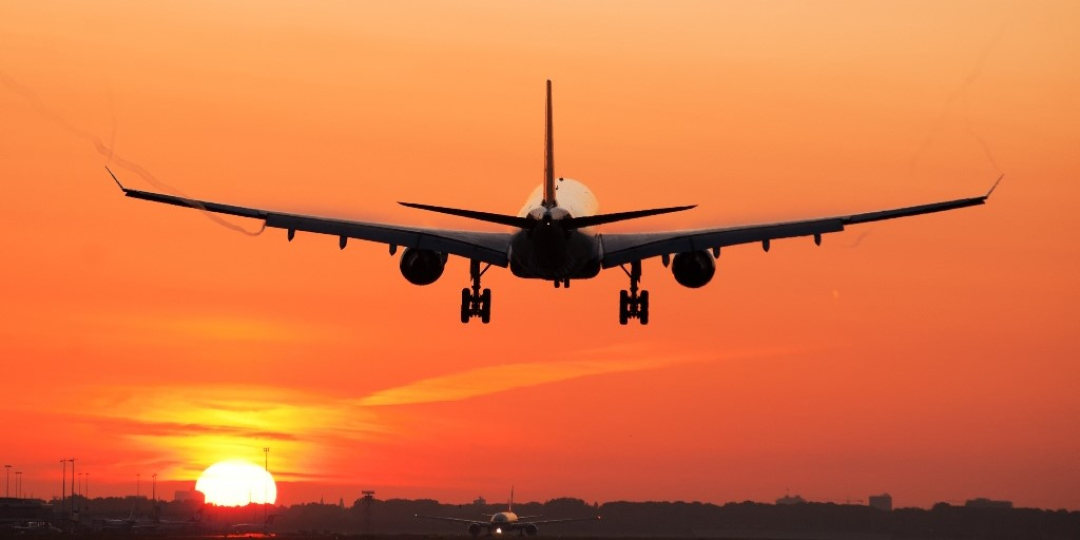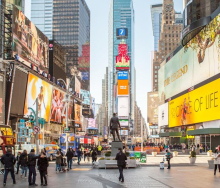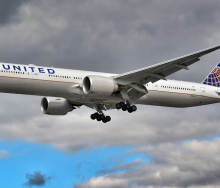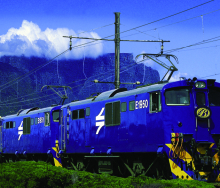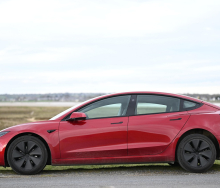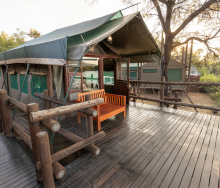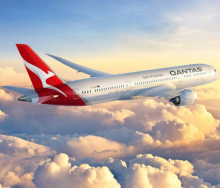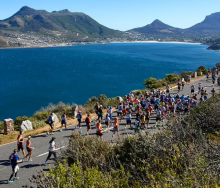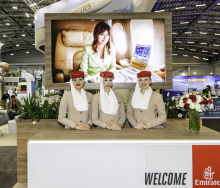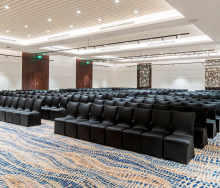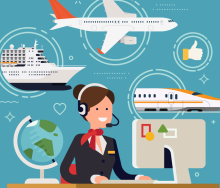A lack of interline agreements between airlines in Africa is pushing up costs significantly, and according to one authority, this contributes heartily to the fact that aviation in Africa is becoming unsustainable.
A consultant who reached out to Travel News said: “I had to split an itinerary up into four different airline tickets to book a return trip from Accra to Nouakchott. In a four day period, my client will spend two days in the air. I issued four separate tickets to get him there and the total airfare was R 28 940.”
Aaron Munetsi, CEO of Airlines Association of Southern Africa says that there are inherent problems in African aviation, this being one of them, and that solutions for the market are being addressed by several authorities.
Munetsi told Travel News that a ticket from Lagos to Accra cost $300 (R5 360). Of that, $60 (R1 072) goes to the airline and $240 (R4 288) goes to air traffic control, security, and the local aviation authority – all of them government related entities.
“The cost of air tickets in Africa is unsustainable and the fact that interline agreements are not in place means that passengers have to buy more air tickets to get from A to B - pushing the cost up.”
“The basis for the African Union’s Single Africa Air Transport Market (SAATM) agreement is to support airlines and increase aviation activity in Africa. The agreement outlines three main criteria -to increase connectivity of air traffic on the African continent, to reduce the cost of air travel and to improve infrastructure.
”These three criteria are extremely important to open up African skies, but governments are not always in agreement with the concept. Those countries with their own national carriers are reluctant to sign any agreements that facilitate sharing routes for fear of having to share revenue with stronger carriers.
Munetsi said internal infrastructure in Africa is also a contributing factor to the problem. Airlines participating in sharing routes are sometimes unable to pay reciprocal airlines' sales revenue because of blocked funds and foreign currency shortages.
“Some airlines do not have the infrastructure to accept credit card payments which exacerbates financial issues,” added Munetsi.
“Fuel costs in Africa are 36% more than anywhere else in the world. Low volumes, fuel transport costs and government levies contribute to high fuel costs which in turn pushes up the price of air tickets.”
“Lift investment caps”
“Iata, the EU and the AU are actively working to harmonise air transport policies in order to eliminate the barriers that hamper the sustainable development of air transport services in Africa. It is the intention to regulate costs, regulate safety of aircraft, infrastructure and promote good governance and accountability to facilitate more interline agreements and connectivity.”
Kamil Alawadhi, Iata’s Regional Vice President, Africa & Middle East confirmed that relief from rising statutory charges and taxes on fuel and aviation are the only way to relieve the sector. In a recent Iata report, Alawadhi said that lifting caps on foreign investment and equity in African airlines would bring much-needed liquidity and development which is crucial to African aviation.

